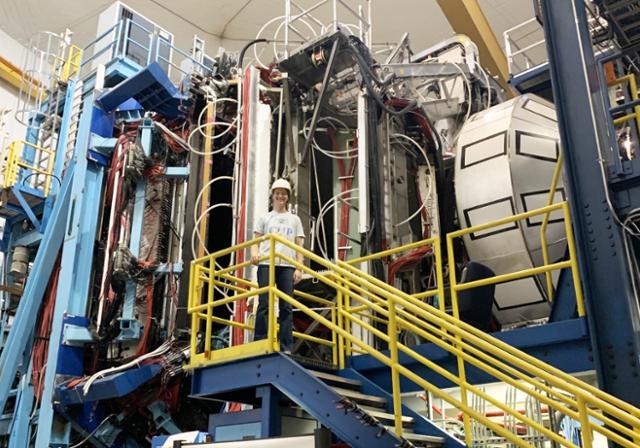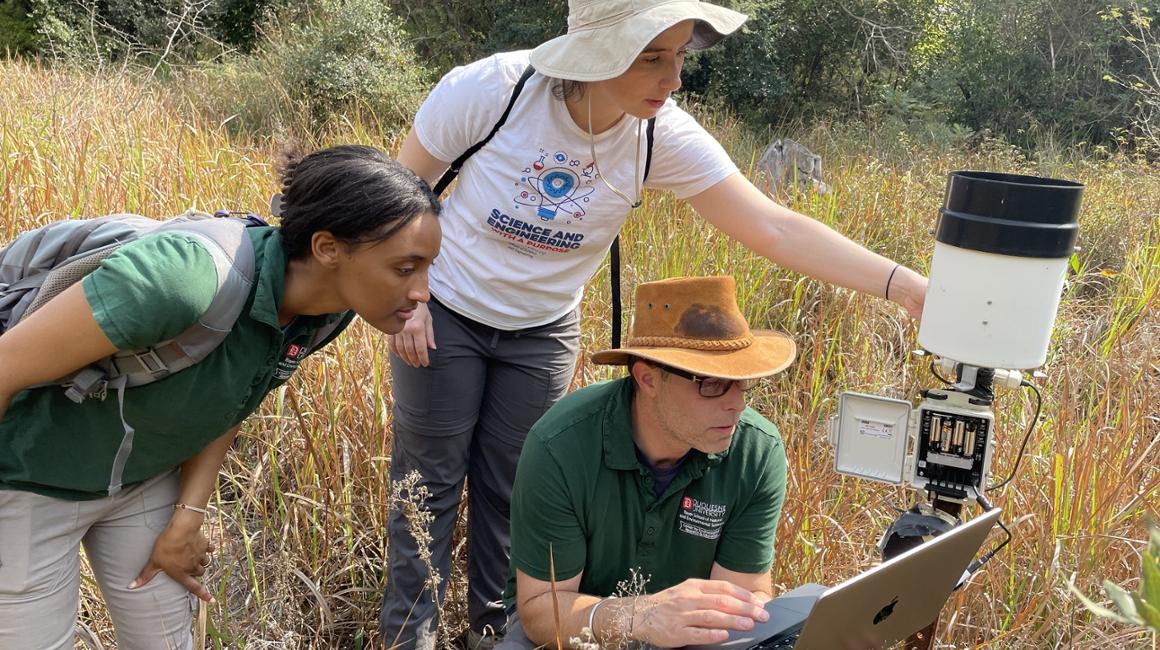Environmental and Energy Engineering
Embark on a transformative educational journey that equips you with the knowledge and skills to address pressing environmental and energy challenges. With a strong emphasis on sustainability and innovation, you'll have the opportunity to engage in hands-on experiences, collaborative research and real-world projects, empowering you to make a meaningful impact on the world's environmental issues.
As a nationally ranked research institution, Duquesne offers a wide range of opportunities in the sciences and engineering. The focused class sizes ensure that you have easier access to faculty and resources, making it easier for you to pursue challenging opportunities that may be harder to find in larger programs.
Early on, you'll have access to project design spaces and labs, allowing you to develop practical skills and produce high-quality work. The dedicated faculty, with decades of experience, are here to offer you support and accessibility to help you make meaningful progress in your academic journey.
At Duquesne, you'll find a perfect balance between diverse opportunities and maintaining a close-knit community. You will join a supportive and passionate community of faculty and students who share your dedication to creating a more sustainable and resilient future. Take your next step toward a greener, cleaner and more promising world.
Program Information
Duquesne University's Environmental and Energy Engineering program equips you with the essential expertise and skills required to tackle modern-day environmental and energy challenges. Immerse yourself in hands-on experiences, collaborative research, and real-world projects tailored to empower you to make a significant impact on global environmental issues.
Program Type
Major
Degree
Bachelor's
Duration
4-year
Required Credit Hours
131 credits
I Can Help You Reach Your Bigger Goals!
As your Enrollment Coordinator, I can help you get started on your environmental engineering path. Please contact me if you have questions.
Maddy Gormley

As an Environmental and Energy Engineering student, you'll actively engage in researching
pressing environmental concerns of our time. Explore topics such as greenhouse gas
emissions and sustainability, hydrogeology and water management, air and water pollution
control, waste management, conservation biology, environmental policy and more. You can explore your interests through approximately 14 student organizations, which
are open to science and engineering majors. These options include joining the American
Chemical Society, the Biomedical Engineering Society, the Society of Women Engineers,
and the Multicultural STEM Group, among others, to connect with like-minded peers
and pursue your passions. This is the curriculum for the Environmental and Energy Engineering program, encompassing
131 credits.Hear From An Alumna
Featured content

Research Opportunities

Student Organizations
Curriculum
Spring Semester (17 credits)
Energy Engineering Electives (choose one)



